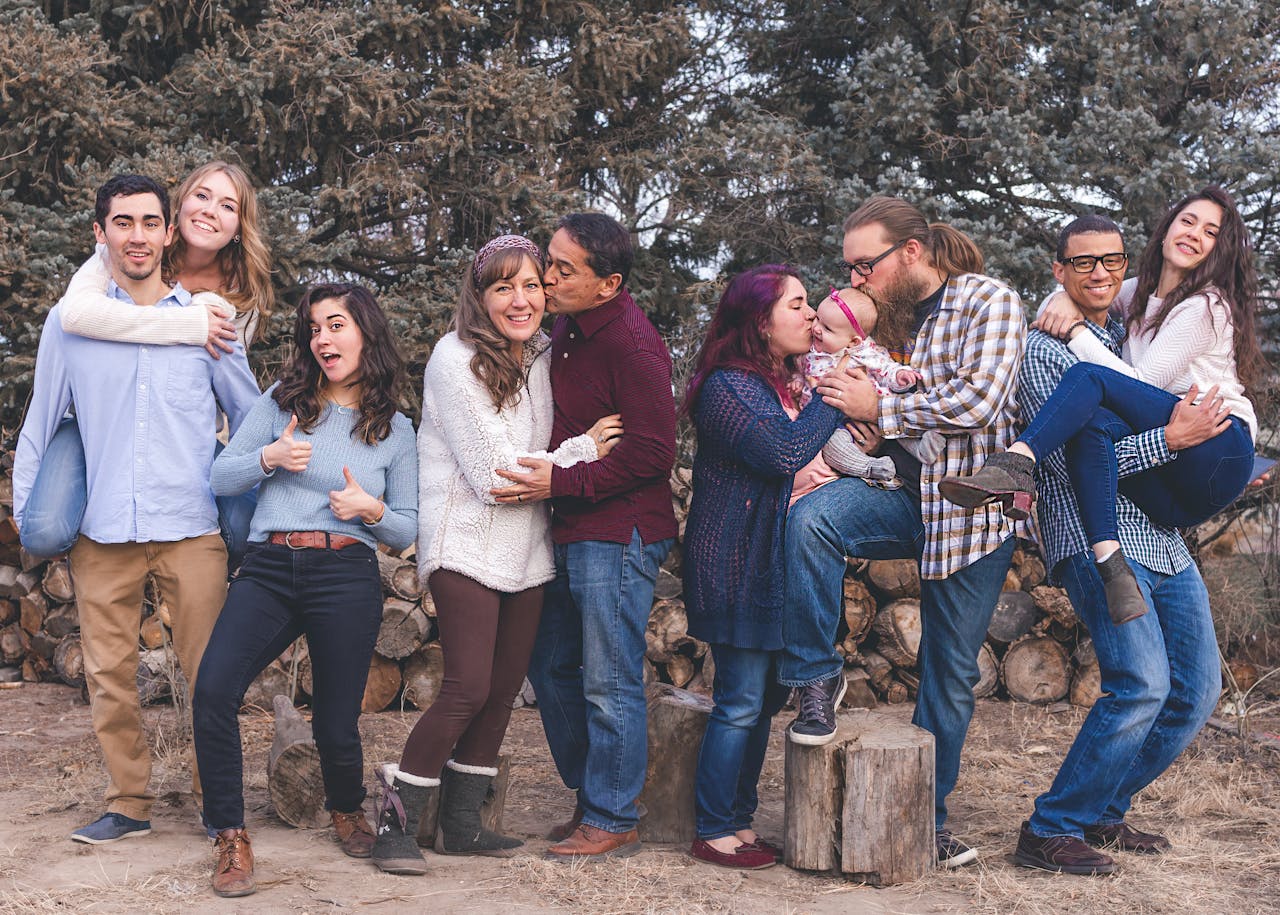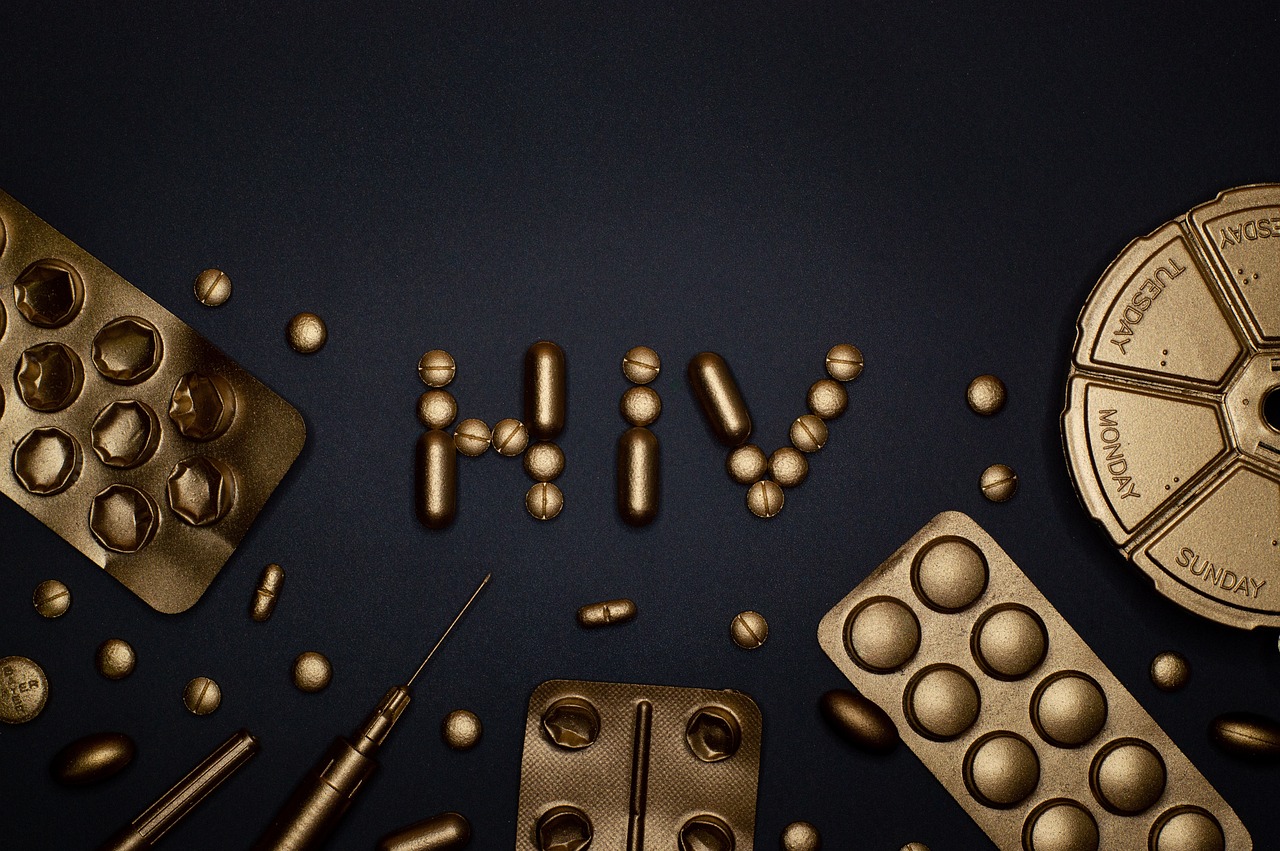Physical Wellness
Cancer Screenings are not Proven Life Savers, Experts Say
There is no concrete evidence that cancer screenings save lives, experts argue.
In this article, Vinay Prasad, assistant professor at Oregon Health and Science University and colleagues, presented their reasons as to why cancer screenings have not been proven to be life saving.
First, they argue that studies tend to focus on the death rate for specific cancers as opposed to overall mortality rate. Second, the studies conducted so far generally did not include a large enough sample set.
To further explain why their two arguments make sense, the researchers cited a study that compared death rates in people who were screened and not screened for colorectal cancer via stool testing. The study had found that 128 people out of 10,000 who got screened ended up dying whereas in the group of 10,000 people who did not get screened, 192 people died from colorectal cancer.
While there is a clear difference in the death rates, when the researchers factored in deaths from all causes, they no longer found a difference in the mortality rate between the two groups. The researchers argued that in order to see if testing can reduce overall death rate, the study sample would have to be five times larger.
"It is clearly the case that some deaths unrelated to cancer are due to screening, whether from complications of procedures or treatment of cancer," said Dr. Prasad reported by FOX News. "Yet because of screening, a person may undergo surgery, radiation, chemotherapy and more to treat it - all those treatments have side effects."
The team also noted that screenings for prostate and breast cancers could lead to further tests that end up concluding that the original screenings were false positives.
"There used to be ads saying if a woman hadn't had a mammogram, she needed more than her breasts examined," Dr. Prasad said. "The fact that the medical profession promoted screening so strongly, when it was always a balancing act, when it was always a personal choice, is really shameful."
The researchers are calling for more robust studies to examine the effects of cancer screenings on overall risk of death. In the meantime, they stressed the importance of informing patients about the risks involved with screenings since they are not all the same.
The analysis was published in The BMJ.









Join the Conversation